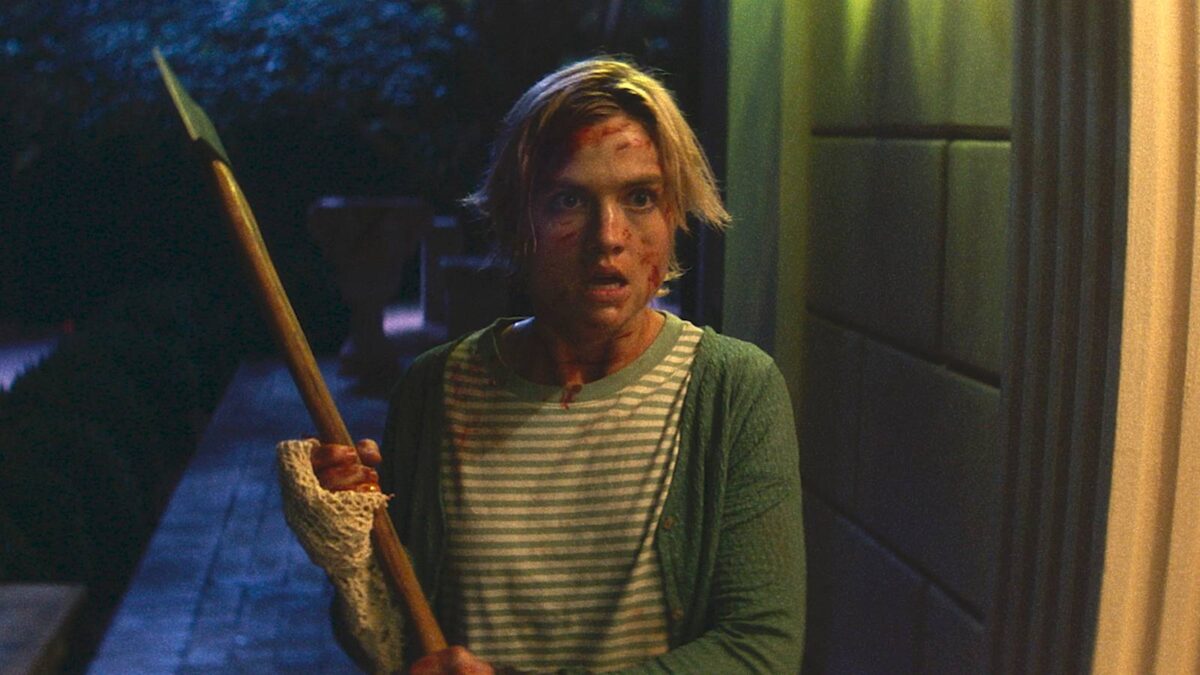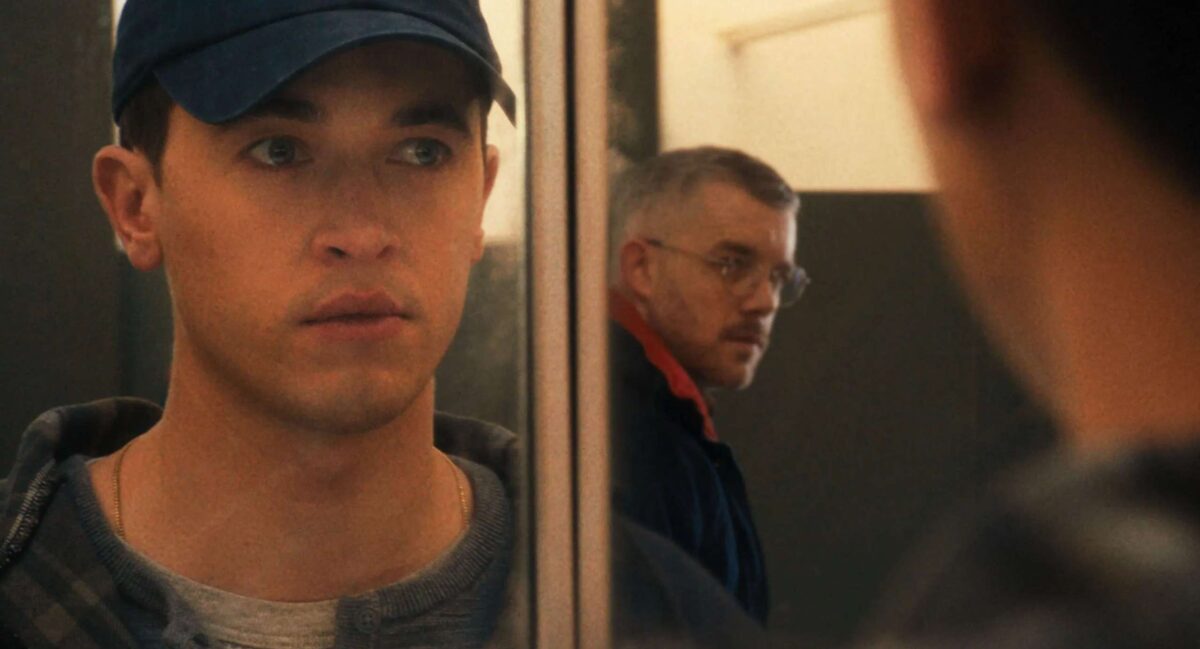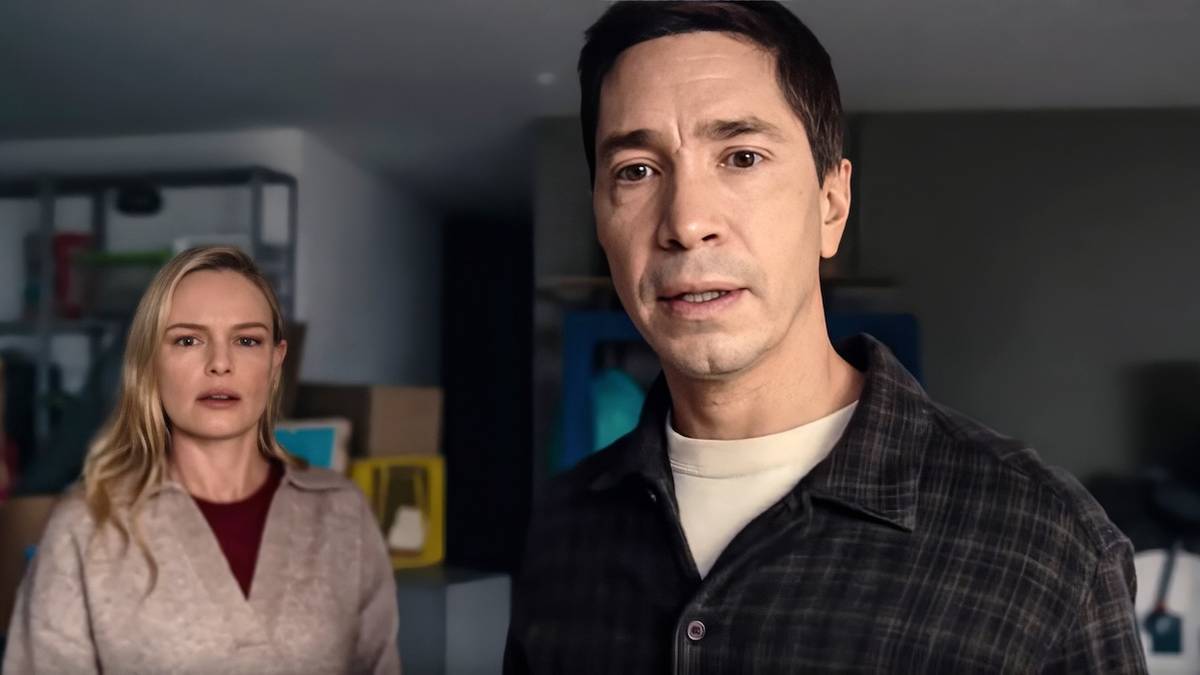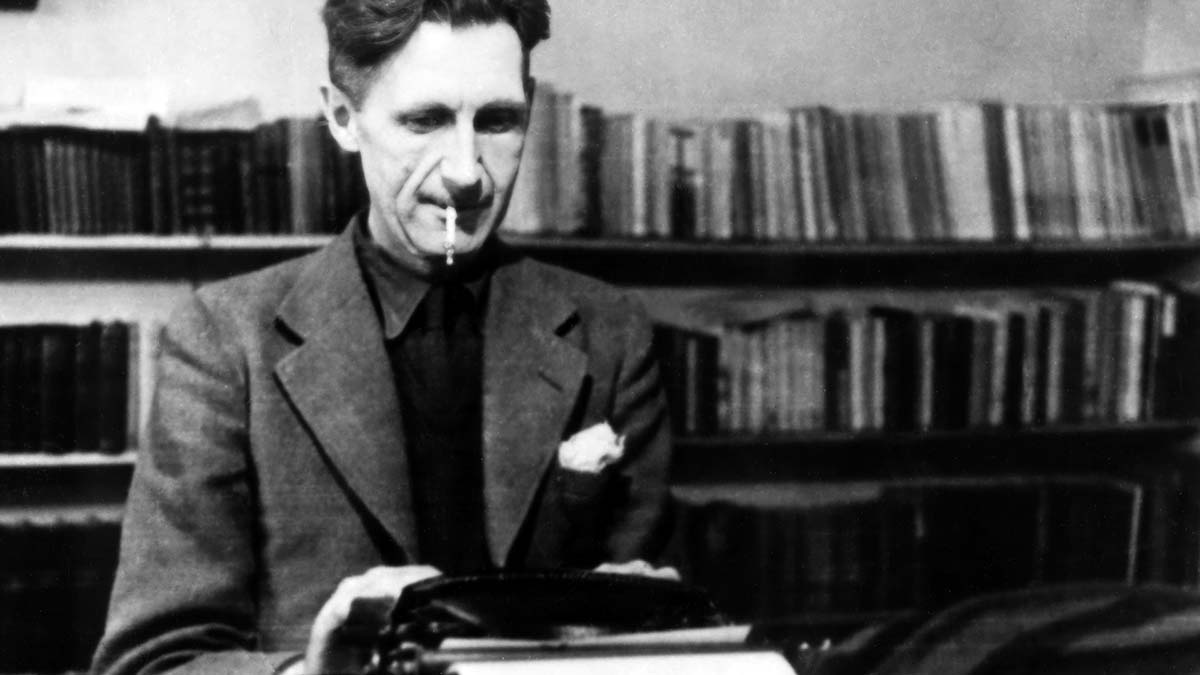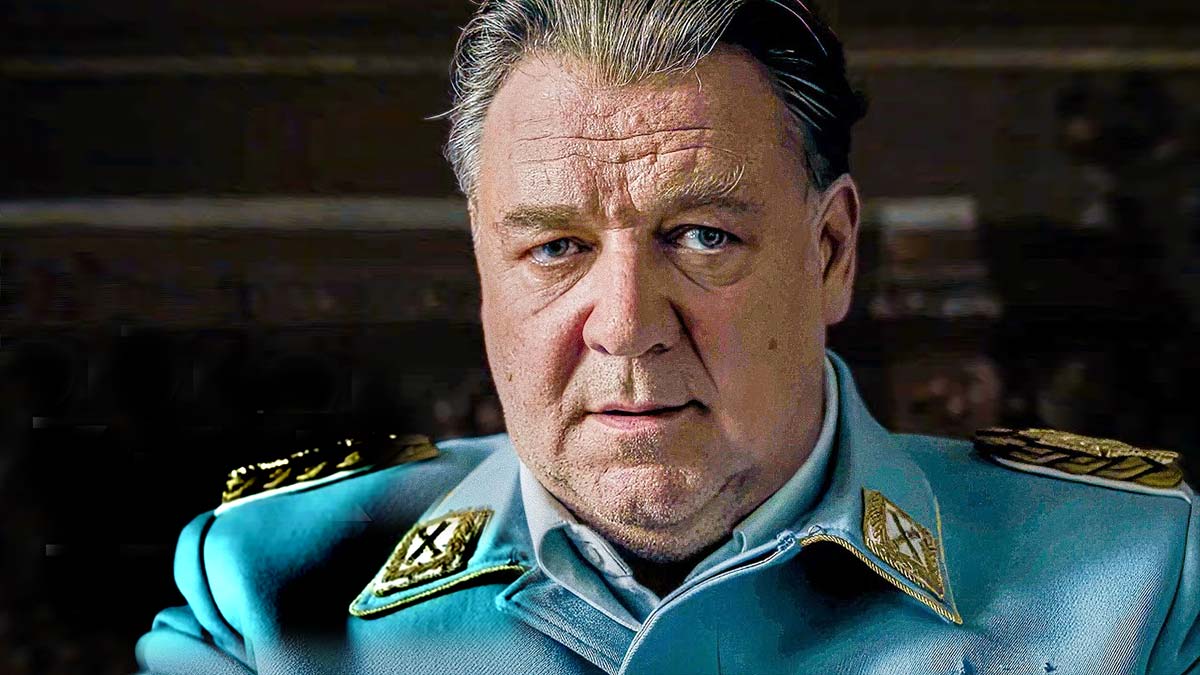
Russell Crowe Is A War Criminal In James Vanderbilt Too Old School War Crimes Drama [TIFF]
Sep 19, 2025
TORONTO – There are just two moments in James Vanderbilt’s “Nuremberg” that feel genuine. Just two. In a film depicting the trial of Nazi war criminals by the first International Military Tribunal in history, that’s not ideal. Frankly, it might be worrisome. And, despite the best of intentions, this lack of authenticity is why Vanderbilt’s passion project, a world premiere at the 2025 Toronto International Film Festival, ultimately falls flat.
READ MORE: “Wake Up Dead Man: A Knives Out Mystery” Review: Rian Johnson Tackles Faith And Forgiveness In Benoit Blanc’s Most Twisty Murder Yet [TIFF]
Based on Jack El-Hai’s 2013 novel “The Nazi and the Psychiatrist,” this period drama starts off simply enough. It’s the last day of World War II, and Reichsmarschall Hermann Göring (Russell Crowe, as subtle as allowed) is captured by American soldiers, seemingly trying to flee Austria (in reality, he was trying to surrender to the Americans before the Russians found him). In the weeks following, Supreme Court Justice Robert H. Jackson (Michael Shannon, textbook Michael Shannon) becomes a major U.S. advocate for an allied war tribunal, a means to justify any death sentences to the remaining members of the Nazi High Command without turning them into martyrs. Jackson is assisted by Col. John Amen (Mark O’Brien), who has little patience for just about anyone.
Back in Europe, A young military psychiatrist, Lt. Col. Douglas Kelley (Rami Malek, too energetic), is sent to Luxembourg, where Göring is in custody under the watch of Colonel Burton C. Andrus (John Slattery, oh boy). Kelley is unaware of his mission until his arrival, but is soon instructed to evaluate the mental condition of the Nazi’s former no. 2 in command. Within minutes of their first meeting, Kelley is smart enough to realize something his translator, Sgt. Howie Triest (Leo Woodall, trying) and the prison soldiers have missed. Göring is playing possum, pretending not to understand or speak English. He thinks he can outsmart his captors, and Kelley believes he’s smart enough to take him on.
READ MORE: Toronto Film Fest 2025 Preview: 35 Must-See Movies To Watch
Over the weeks and months that follow, Kelley evaluates Göring and a majority of the prisoners, eventually following them to Nuremberg as they await trial. From the sidelines, Triest finds the doctor’s methods increasingly concerning and he’s not off base. Fascinated by his narcissism and confidence, Kelley gets a bit too close to Göring, even delivering letters from the inmate to his wife and daughter.
As the trial draws closer, Andrus brings in another psychiatrist to evaluate the defendants, Gustave Gilbert (Colin Hanks), who complicates Kelley’s relationship with Göring. It doesn’t help that Gilbert clocks Kelley as taking notes to try to sell an eventual book on their experience (hey, he is, too). History tells us there was actually another psychiatrist involved in the trial, but this ensemble can only stretch so far.
The film’s other storyline centers on Jackson, whose case against the first defendant, Göring, hits a number of legal hiccups. Thankfully, he has Britain’s deputy prosecutor, David Maxwell-Fyfe (Richard E. Grant, underutilized), on standby to assist. And Maxwell-Fyfe’s cross-examination skills will be critical during the trial itself—a trial where one of those few authentic moments happens on screen.
During the proceedings, Jackson projects a film depicting the atrocities discovered during the liberation of the concentration camps. This occurred during the real trial, and Vanderbilt plays the entire film, which is available online. Almost 80 years since it was first screened, it is as horrifying today as when it shocked the courtroom under the bright lights in Nuremberg. Outside of one other dramatic confrontation between Kelley and Göring that hints at what could have been, there is no other moment in the movie that is as genuinely startling or visceral. If that’s not an indictment of Vanderbilt’s creative choices, I’m not sure what is.
What is essentially so disappointing about “Nuremberg” is that the tenor and aesthetic of the proceedings isn’t far from a two-part 2000 docudrama of the same title. In fact, that 25-year-old television production was actually shot on film and is, arguably, better lit. And that version wasn’t doing its darndest to “entertain” you when serious, documented events aren’t on the agenda. This depiction of “Nuremberg” is somehow eyebrow-raisingly broad. The whole endeavor feels like it’s a second-rate studio production from the mid-’90s that would have been ripped by critics and audiences alike in comparison to other films of the WWII genre that were released in that era (one may have been directed by a certain Steven Spielberg).
Beyond an unfortunate overuse of exposition, Vanderbilt’s dialogue often veers into caricature from cops and robbers movies of the ’30s and ’40s (“Strap in, it’s the trial of the century!”). And as Andrus, Slattery suffers the most in this regard, often sounding like a newspaper editor continually throwing kid reporters out of his office. The British Woodall basically has the only “American” character able to elevate the trite worlds he’s been given on the page into anything accessible. Ironically, it’s the Germans who sound the most unfeigned, likely because they are rarely speaking in English.
Support independent movie journalism to keep it alive. Sign up for The Playlist Newsletter. All the content you want and, oh, right, it’s free.
What makes these creative choices inherently frustrating is the importance of the material. These are the historical events viewers of all ages need to be reminded of, and younger generations desperately need to learn about. Why would a filmmaker in 2025 fashion this unappealing aesthetic as their means to do so? Moreover, it’s not like Vanderbilt doesn’t comprehend what’s at stake. He makes timely points about dictators who fool the public and power-hungry politicians willing to blame a race of people to achieve other goals. The contemporary allegories are obvious, but too much of Vanderbilt’s screenplay gets lost in literal card tricks and heightened melodrama. Sadly, the last thing that moment in history needed was this. [C]
Follow along for all our coverage of the 2025 Toronto International Film Festival,
“Nuremberg” opens in limited release on Nov. 7
Publisher: Source link
Erotic Horror Is Long On Innuendo, Short On Climax As It Fails To Deliver On A Promising Premise
Picture this: you splurge on a stunning estate on AirBnB for a romantic weekend with your long-time partner, only for another couple to show up having done the same, on a different app. With the hosts not responding to messages…
Oct 8, 2025
Desire, Duty, and Deception Collide
Carmen Emmi’s Plainclothes is an evocative, bruising romantic thriller that takes place in the shadowy underbelly of 1990s New York, where personal identity collides with institutional control. More than just a story about police work, the film is a taut…
Oct 8, 2025
Real-Life Couple Justin Long and Kate Bosworth Have Tons of Fun in a Creature Feature That Plays It Too Safe
In 2022, Justin Long and Kate Bosworth teamed up for the horror comedy House of Darkness. A year later, the actors got married and are now parents, so it's fun to see them working together again for another outing in…
Oct 6, 2025
Raoul Peck’s Everything Bagel Documentary Puts Too Much In the Author’s Mouth [TIFF]
Everyone has their own George Orwell and tends to think everyone else gets him wrong. As such, making a sprawling quasi-biographical documentary like “Orwell: 2+2=5” is a brave effort bound to exasperate people across the political spectrum. Even so, Raoul…
Oct 6, 2025








